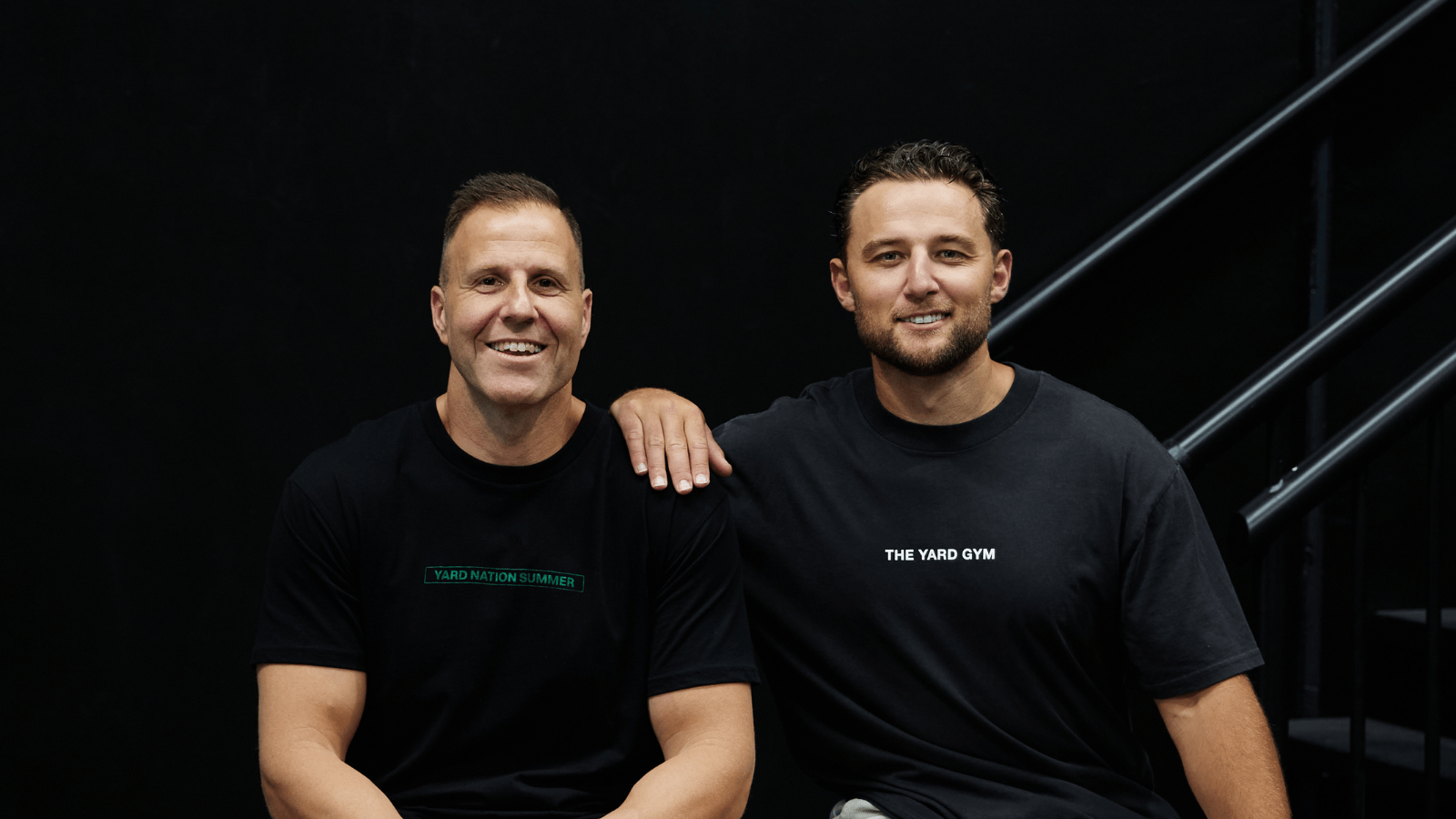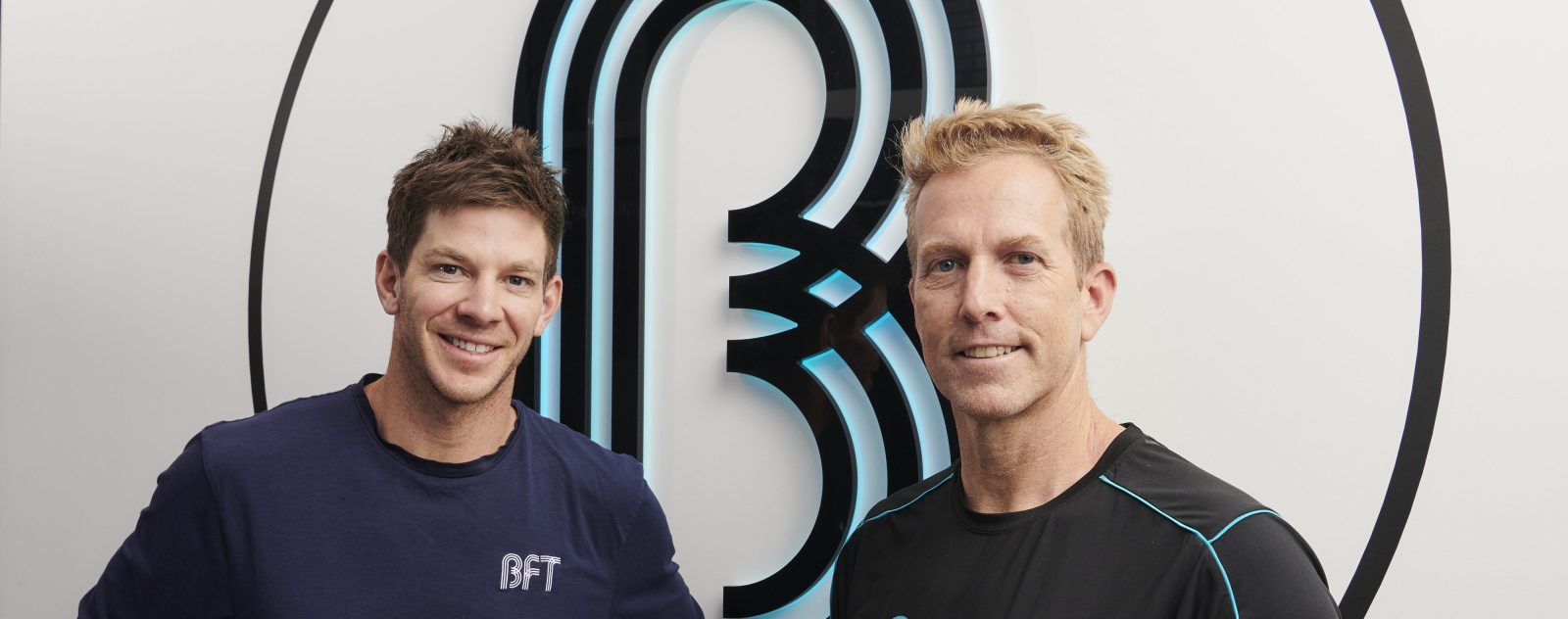David Beckham is suing a fitness training company partly owned by actor Mark Wahlberg, alleging F45 Training failed to pay him stock for marketing and social media posts in a timely manner, leading the soccer legend to lose out on $14 million.

In a civil complaint, Beckham claimed he lost over $14 million after F45’s stock price dropped rapidly and was delisted.
Getty Images
Key Takeaways
- Beckham says he agreed to become a “global ambassador” for the fitness company F45 Training in November 2020, posting promotional content on his Instagram account in exchange for tradable shares in the company when it went public in July 2021.
- The soccer star’s lawsuit alleges F45 was required to compensate him with shares in the company within six months of its initial public offering in January 2022—but delayed handing the shares over to Beckham for months.
- F45’s stock price fell rapidly after February 2022, causing the value of Beckham’s potential shares to lose an estimated $9.3 million by the time he was finally awarded them, his complaint alleges, and Beckham’s attorneys also allege F45 refused to hand over another $5 million in shares they were contractually required to pay him in July 2022.
- F45’s attorneys deny both of these claims, saying the company issued Beckham the shares he was owed on time, and that Beckham’s company is “attempting to benefit from its own wrongdoing and has unclean hands” (it’s unclear what wrongdoing F45 alleges).
- DB Ventures Limited, a firm owned by Beckham, first joined with Australian golfer and fellow F45 spokesperson Greg Norman in October 2022 to file a civil suit against F45, Wahlberg and several of the gym’s co-founders, but a judge ordered the two celebrities had to file cases separately, leading Beckham to file a new complaint in May 2023.
- In September, California-based federal Judge Maame Ewusi-Mensah Frimpong denied a previous motion to dismiss the lawsuit brought by F45’s lawyers, finding Beckham fulfilled his obligations to F45, but the fitness company “did not make the issued shares freely transferable or tradeable.”
News Peg
Beckham’s suit garnered international attention in recent days after the tabloid press in the U.K. reported on Wahlberg’s motion to dismiss another class action lawsuit against the company in March, which said the suit’s claims were “materially false or misleading.”
What To Watch For
Whether the suit will be dismissed or eventually go to trial. The judge issued an order for a civil trial in November, but no trial date has been set in the months since. It is unclear when a future trial will be scheduled, or if Beckham and F45 will settle out of court. Forbes has reached out to Beckham and the company’s attorneys for comment.

Key Background
F45 Training was founded by Adam Gilchrist and Rob Deutsche in Sydney, Australia in 2011, and quickly expanded with hundreds of franchises in the U.S., Canada, New Zealand and Australia.
F45’s locations offer what it describes as “high-intensity functional group workouts.”
In 2019, Wahlberg bought a minority stake in the company in a deal financed by his Mark Wahlberg Investment Group and FOD Capital, Bloomberg reported, which valued the company at $450 million.
F45 went public in July 2021, and began trading on the New York Stock Exchange at $16.10 per share. The stock price plummeted in 2022, never fully recovered, and was delisted by the NYSE in August. It has been trading below $1 per share since the delisting, and was last valued at approximately 15 cents per share, valuing the company at $14.63 million—roughly what Beckham says he’s owed.
Who Else Is Suing F45?
The Australian fitness company is facing another class action securities fraud lawsuit filed in the Western District of Texas, where its Austin headquarters is located. Several investors brought the suit against the company, its co-founders, and Mark Wahlberg in December 2022, alleging the company changed its business model and made false or misleading statements about the amount of franchises it was opening.
According to the plaintiffs, F45 eventually slashed revenue guidance to $120-130 million, after previously telling investors they expected to make $255 million to $275 million in 2022. Lawyers for F45 moved to dismiss the Texas lawsuit in March, arguing the suit was “a classic example of fraud by hindsight.”
Contra
According to lawyers for F45, the company delayed its IPO due to the COVID-19 pandemic and didn’t go public until 2021. The company said the materials it provided to investors had “cautionary statements about the unpredictable nature of F45’s business.” The company blamed the IPO’s eventual failure on “repeated waves of COVID-19 variants, along with other challenges,” which it said “prevented F45 from realising its projected growth.”


